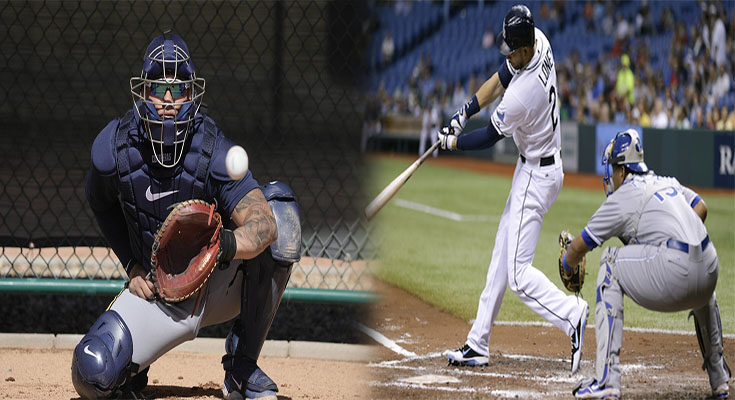When it comes to the game of baseball, each position requires a unique set of skills and techniques. Catching is one such position that demands exceptional defensive skills, including the art of blocking. The ability to effectively block pitches is crucial for any catcher as it not only prevents scoring opportunities for the opposing team but also ensures the safety of the pitcher and other players on the field. In this article, we will explore the essential techniques every catcher should master to become proficient in blocking.
The Importance of Blocking
As the catcher, you have the vital task of stopping pitches that may be in the dirt or off-target from getting past you. This not only prevents the advancement of baserunners but also saves precious runs from being scored by the opposing team. Additionally, by effectively blocking pitches, you demonstrate your reliability and defensive prowess, gaining the trust and confidence of your pitcher and teammates.
Key Techniques for Successful Blocking
- Positioning: Good blocking begins with proper positioning. As the pitch is delivered, ensure you are in a balanced stance with your knees slightly bent, ready to react quickly. Your body should be positioned between the pitch and any baserunners on third base.
- Anticipation: Read the pitch early so that you can anticipate whether it will be low or in the dirt. This will allow you to prepare yourself mentally and physically to block it effectively.
- Proper Glove Placement: Position your glove in a way that provides maximum coverage and prevents balls from sneaking through. Keep your fingers up and your glove turned inward, forming a strong wall that can absorb the impact of the ball.
- Footwork and Body Position: As you move to block a pitch, ensure your body is in a crouched position with your chest over your knees and your glove arm extended towards the ground. This will allow you to cover the maximum area and increase your chances of successfully blocking the pitch.
- Quick Reaction Time: Develop quick reflexes to react to pitches in the dirt. As the ball approaches, react by dropping down and positioning your body to block the ball with your chest or glove.
- Absorb the Impact: As you block a pitch, focus on absorbing the impact with your body rather than trying to catch it with your glove. By doing so, you minimize the chances of the ball bouncing off and rolling away from you.
- Recovery: Once you have successfully blocked a pitch, be prepared to follow up with a quick recovery. This includes securing the ball, keeping an eye on the baserunners, and making the appropriate throw to prevent runners from advancing.
Practice Makes Perfect
As with any skill, mastering the art of blocking techniques requires practice and repetition. Here are a few drills that can help improve your blocking abilities:
- The Ball Drop: Have a coach or a partner stand a short distance away and randomly drop balls towards the ground. Practice reacting quickly and blocking these balls with the techniques mentioned above.
- Blocking Stations: Set up stations with coaches or partners simulating different pitch types in various locations. Move between stations, focusing on correct positioning and executing proper blocking techniques.
- Game Simulation: During team practices or scrimmage games, request your pitchers to throw pitches in the dirt or off-target. This will allow you to practice real-time blocking against live pitches, further enhancing your skills.
Remember, consistent and deliberate practice is the key to improvement. Incorporate these drills into your training routine regularly, and you will witness significant progress in your blocking abilities over time.
Being a proficient catcher requires a diverse skill set, and mastering the art of blocking is crucial for success behind the plate. By implementing the techniques and drills mentioned above and dedicating time to practice, you will become a reliable defensive player who can confidently block any pitch thrown your way. So, gear up, work hard, and embrace the role of the catcher with pride, knowing that your blocking skills are an integral part of your team’s success on the baseball field.





